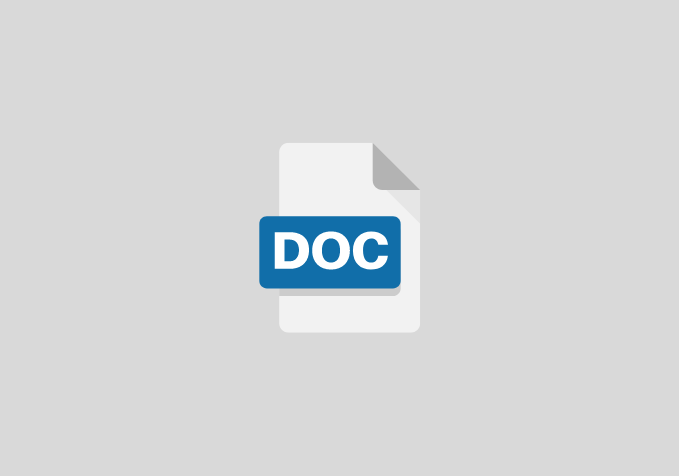Company Income Tax Administration in Nigeria Problems and Prospects (a Case Study of Federal Inland Revenue Service)
CHAPTER ONE
PREAMBLE TO THE STUDY
Nigeria is organize by a federal system, hence its fiscal operation adhere to the same principle. This has serious implications on horo tax system is administered in the country, in Nigeria the government fiscal power is based on a three yield tax structure divided between the federal state and local government, each having a different tax jurisdiction as at 2003 about forty different tax and level are shared among the three level of government which are their sources of revenue.
The Nigeria tax system is lopsed and dominated by oil revenue. The most veritable tax is handled by the federal government and the lower this are responsible for the lees buoyant ones. The federal tax corporate bodies while state government and local government tax individual except the residence of federal capital territory, personnel income of police, armed force government of foreign affair which are strictly for federal government. The federal government on average account for 90% of the overall revenue annually. In 2005 the breakdown of total tax and levy collection of the three tiers of government was 96.4 percent for the local government. This development was the prolonged military rule that has ignored constitutional provisions indeed because of the various guest of the government in redistribution of income, poverty eradication.
CHAPTER TWO
LITERATURE REVIEW
INTRODUCTION
According to Alor G.C. (2012:7) taxation is a financial change or income levied by the government on citizens, corporate entities, business or possession that yield revenue. It is the compulsory proportional donations from individuals and property possession, imposed by the government by the virtue of its power for the funding or government administration and general public necessities. This is to say that, it is a source of revenue used from government expenses. This function will depend among other things on the political and economic orientations of the members of the society at a given period of time needs and aspirating should be prepared and eager to pay more tax to enable the government of achieve those activities of such objectives as the functions of the government increase. The revenue required to finance those function also increase, tax is not deliberate payment or contribution by rather an enforced role obtained pursuant by legislature authority and obtained pursuant by legislature authority and in any contribution imposed by government.
According to Ekweike M.F. (2004:2) taxation as a compulsory contribution imposed by government from members of the public to meet the demands and expense of government and the provisions of general public. It is also seen as a process where by communities or group of persons are made to pay part of income is some agreed quantum and the method for the purchase of the administration and development of their society.
According to Agyei (2000:3) tax is a fundamental compulsory long income, normal human being will subject his earnings to tax, people pay tax because the law stipulated it.
According to Ola (2004:2) tax is a burden which citizens must bear to sustain which is mean to estimate. It is also sees as a system of compulsory contribution usually monetary levied by a government upon persons, corporations and property for some purpose. It can also be a source of generating revenue by communities or society that from state to shoulder the public expenditure and improve economics, social and standard of living of the tax payers.
CHAPTER THREE
RESEARCH DESIGN AND METHODOLOGY
INTRODUCTION
In this chapter, the researcher concentrate on the various methods used in data collection, formulation of hypothesis. The researcher also know the methods used in the research design. Sampling design and data analysis techniques it will pertinent to note at this point that chi-square is employed in data analysis, even though there are some other techniques but the research chose to use the chi-square method.
REFERENCES
- Agayei A.F. (2000): Income tax laws and administration in Nigeria. Lagos, West African Book Publisher Limited.
- Alor J.C. (2012) Nigeria personal income taxation, Onitsha, Adson Educational publishers.
- Ekwerike M.F. (2014) Personal income tax in Nigeria, Owerri, Tonyben Publishers.
- Okeke G.N. (2012) Principles and Practice of Research methodology. Onitsha, Eviprint Ltd.
- Nworuh G.E. (2001) Basic Research methodology for research trainees and trainers Lagos, Ambix Printer.
- Ola, C.S. (2004) Income tax law and practice in Nigeria, Ibadan, Heinenann Educational Books Plc.


